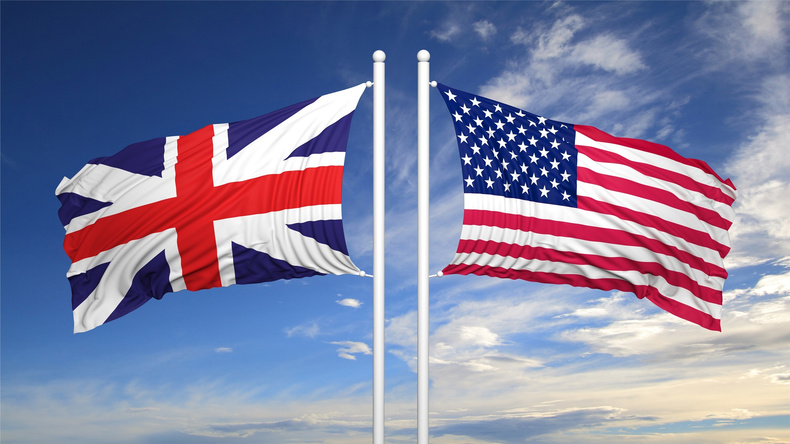Trump tariffs: What is the impact on Greater Birmingham businesses?

On 12 March, president of the United States Donald Trump announced a 25 per cent tariff on all imports of steel and aluminium under Section 232 of the Trade Expansion Act of 1962, citing unfair trade practices and global excess capacity harming US industries.
Although the UK exports a relatively small amount of steel and aluminium to the US (£700m), its exports of steel and aluminium products are worth much more, around £2.2bn, or 5 per cent of UK exports to the US.
The wider context
In 2018, during his first term, President Trump introduced a 25 per cent tariff on steel and a 10 per cent tariff on aluminium, arguing it helped the US steel industry recover.
In 2022, the Biden administration replaced the tariff with a quota system for the UK, allowing specified volumes of steel and aluminium imports without tariffs.
The US claims that over-reliance on imports threatens national security, particularly for military production.
However, critics argue that imports from trusted allies like Canada enhance US security resilience.
What is the UK’s response?
In response, UK officials have remained pragmatic. Prime Minister Keir Starmer emphasised the importance of pursuing a UK-US Free Trade Agreement, avoiding retaliatory tariffs.
Business Secretary Jonathan Reynolds expressed disappointment, highlighting that the UK is working on agreements to eliminate additional tariffs and support UK businesses.
UK Steel and the British Chambers of Commerce echoed concerns about the tariff’s impact, urging the government to focus on dialogue and stability.
What is the impact here in Greater Birmingham?
The impact of the tariffs could be felt heavily in Greater Birmingham, particularly by businesses involved in manufacturing goods that contain steel and aluminium, such as the automotive and medical technology sectors.
While some manufacturers have benefited from the previous quota system, the new tariffs may disrupt existing business strategies.
UK exporters to the US will face increased costs, potentially weakening trade relationships with US clients, leading to a need for a revised strategy or a shift toward other markets.
The tariffs may also deter investment decisions, particularly in sectors that planned to modernise or expand.
With economic uncertainty, some manufacturers may delay investments or find it difficult to attract investment. Additionally, protectionism in the US may prompt foreign exporters to sell goods at lower prices, potentially undercutting UK producers.
While this might reduce production costs in the short term, long-term volatility in supply chains could become a risk.
Martyn Whieldon, managing director of Birmingham-based tap manufacturer Samuel Heath & Sons, notes that increased prices are being passed onto US customers, particularly in the high-end interiors market.
Despite the uncertainty, he remains optimistic about future demand from discerning clients and supports the government’s decision not to retaliate.
He said: “We are already experiencing a ‘wait and see’ approach from our customers, given the volatility in the application of the tariffs.
“Why place your order in March when the tariff might be rescinded in May?
“So, we’re expecting 2025 to be quite lumpy in terms of our order book. Ultimately though, the US high-end interiors market is strong and our discerning clients will always favour UK and European designs when renovating their homes.
“There has already been significant price inflation in the home construction market following the pandemic and the war in Ukraine, so we see tariffs as another chapter in this evolving industry.”
The GBCC’s position
Greater Birmingham Chambers of Commerce (GBCC) expressed concern over the tariffs, highlighting the ongoing challenges businesses already face, including inflation and recruitment difficulties.
They support the UK Government’s pragmatic approach, encouraging diplomatic efforts to secure a Free Trade Agreement with the US.
The GBCC also backs the Trade Remedies Authority's role in helping businesses affected by the tariffs and hopes for targeted support.
What happens next?
In summary, the US tariffs on steel and aluminium pose challenges for UK businesses, particularly manufacturers in Greater Birmingham.
However, the GBCC remains cautiously optimistic, advocating for diplomatic engagement and long-term solutions to ensure stable and mutually beneficial trade relations with the US.



